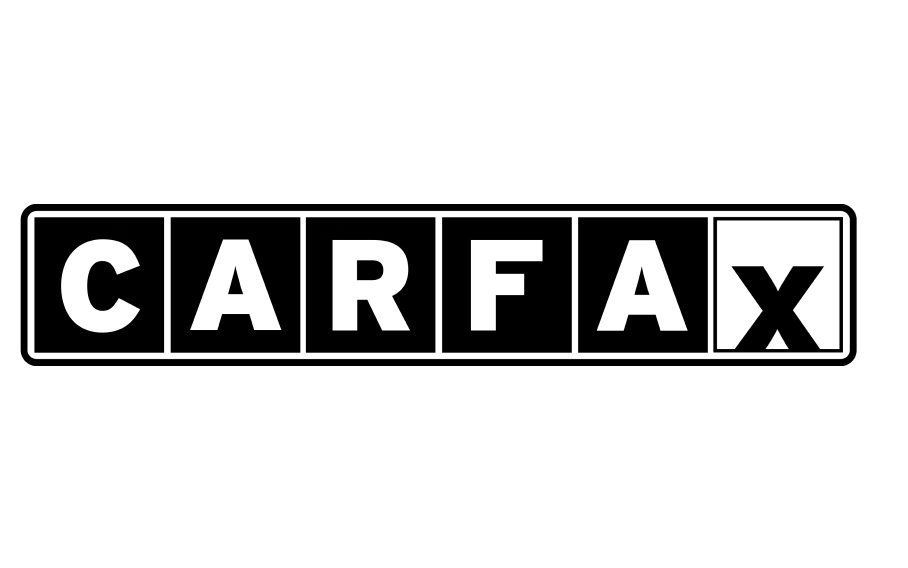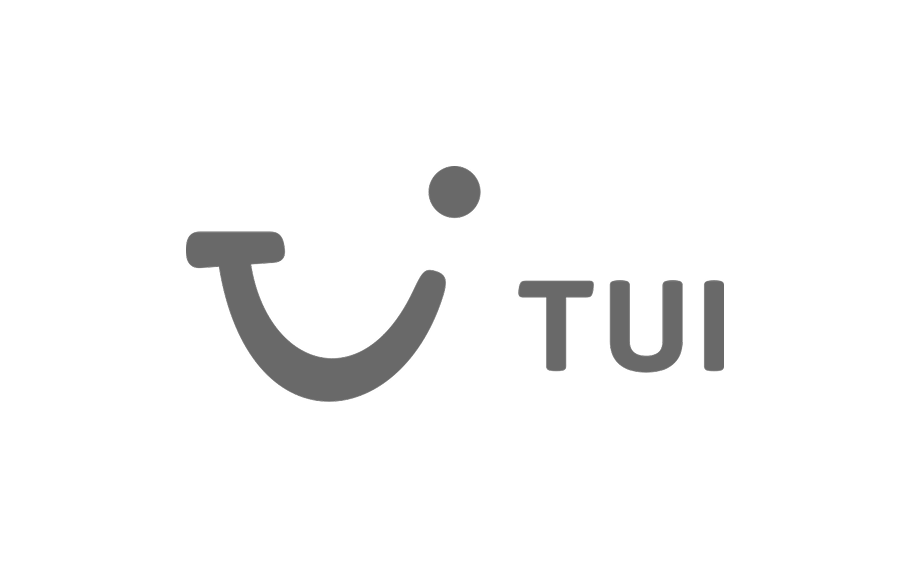A1 certificates & CoCs
Compliance assessments
Posted worker notifications
Data security
Travel health insurance
Visa
PWD notifications
WorkFlex automates PWD compliance, generating the notifications
for all relevant destinations
Solution

STREAMLINED PROCESS
With WorkFlex, issuing a PWD notification for your business traveler requires no additional effort. The need for a posted worker notification is assessed upon receiving the business trip request and, if applicable, issued without additional involvement, saving you time and resources


COMPLETE EU/EEA COVERAGE
WorkFlex's engine adapts PWD notifications to country-specific requirements based on your business traveler's destination. No more headaches from manually following each country's unique requirements
ALL-IN-ONE COMPLIANCE SOFTWARE
Make your employee trips fully compliant through automated compliance risk assessments, A1 certificates, travel health insurance, visa processing and more with WorkFlex
Let WorkFlex handle A1 certificates, visas, PWDs, tax requirements, and more for your business trips worldwide. All-in-one platform
You'll be surprised how effortless the process of managing work-from-anywhere compliance can be with our software
From assignment pre-assessment to ongoing monitoring, streamline expat assignment management with end-to-end compliance automation

Protect your employees when traveling internationally with early risk alerts, 24/7 crisis support, medical assistance, and real-time monitoring

Resources
All risks and risk mitigation measures around remote work abroad, simply explained

FAQs
Here are answers to the most frequently asked questions
The Posted Workers Directive is an EU directive 2018/957 that governs working conditions for employees temporarily assigned to provide services in another member state. When a company sends an employee abroad to perform work, that employee becomes a "posted worker."
This applies whether the work is for internal projects or external clients. Posted workers are subject to the destination country's minimum employment standards.
The directive was developed alongside the EU's single market integration. It addresses wage disparities and competitive distortions that emerged as cross-border service provision increased. The goal is straightforward: ensure that posted workers receive at least the minimum standards of the host country while protecting local labor markets from unfair competition.
Learn more about the specifics of the posted workers directive here.
The key trigger for posted worker obligations is "service provision." This concept often causes confusion. Each country has interpreted the Posted Workers Directive differently. They have implemented different sets of exemptions to the obligation to notify the authorities. Exemptions can be based on the nature of the activity performed abroad or days of work in the host country.
The directive applies when employees provide services in the host country. This applies regardless of whether those services are:
Learn more about what activities require posted worker reporting here.
Posted workers must receive at least the host country's minimum standards in several areas.
Core posted worker requirements:
Industry-specific obligations:
Learn more about the requirements here.
Get started
Join hundreds of employers managing their global travel compliance easily
































FAQ
Lorem ipsum dolor sit amet, consectetur adipiscing elit. Suspendisse varius enim in eros elementum tristique. Duis cursus, mi quis viverra ornare.
Posted workers must receive at least the host country's minimum standards in several areas.
Core posted worker requirements:
Industry-specific obligations:
Learn more about the requirements here.
The key trigger for posted worker obligations is "service provision." This concept often causes confusion. Each country has interpreted the Posted Workers Directive differently. They have implemented different sets of exemptions to the obligation to notify the authorities. Exemptions can be based on the nature of the activity performed abroad or days of work in the host country.
The directive applies when employees provide services in the host country. This applies regardless of whether those services are:
Learn more about what activities require posted worker reporting here.
The Posted Workers Directive is an EU directive 2018/957 that governs working conditions for employees temporarily assigned to provide services in another member state. When a company sends an employee abroad to perform work, that employee becomes a "posted worker."
This applies whether the work is for internal projects or external clients. Posted workers are subject to the destination country's minimum employment standards.
The directive was developed alongside the EU's single market integration. It addresses wage disparities and competitive distortions that emerged as cross-border service provision increased. The goal is straightforward: ensure that posted workers receive at least the minimum standards of the host country while protecting local labor markets from unfair competition.
Learn more about the specifics of the posted workers directive here.